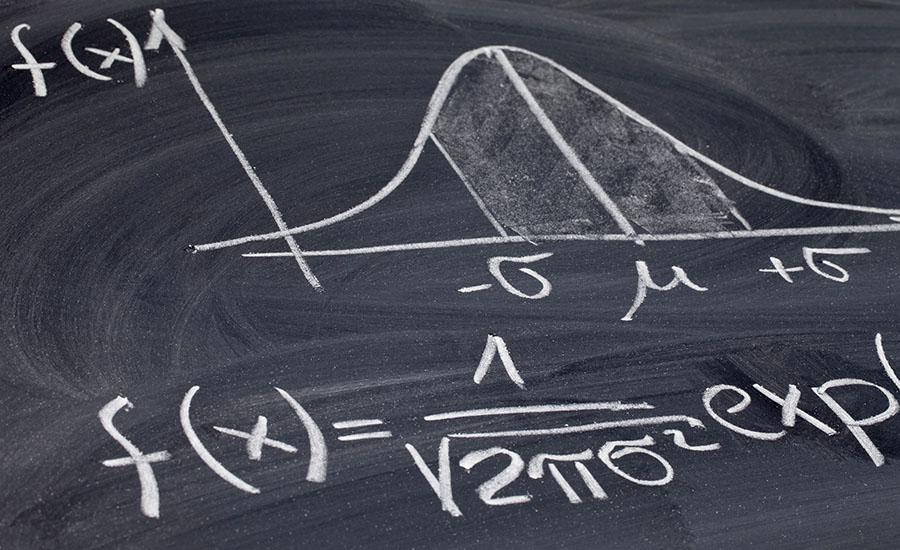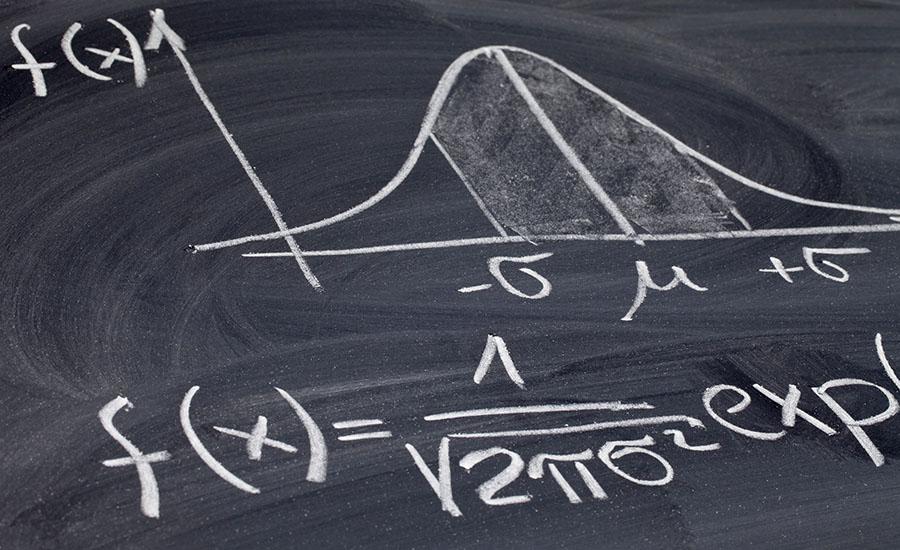
Building the Distance Formula in Spreadsheets
by Emily Bogusch
Students will build the distance formula in a spreadsheet to create a sort of "calculator." Students begin by comparing standard math notation with spreadsheets, then practice programming simple math functions. Students then create a "Pythagorean Theorem" calculator. They then build on this understanding to determine the distance between two points.
This lesson is intended for students who are already familiar with both the Pythagorean Theorem and the distance formula. The goal is to learn how to manipulate values and formulas in spreadsheets, as well as improve understanding of the distance formula.
Lesson Plan Link/URL
https://docs.google.com/presentation/d/1Hj-qGsDqLwGSHejfbtgljPIacSXAldCB/edit?u…Related Content

Grades:
3rd Grade, 4th Grade, 5th Grade, 6th Grade, 7th Grade, 8th Grade, 9th Grade, 10th Grade, 11th Grade, 12th Grade
In this hands-on lesson, students use the engineering design process (EDP) to create a prototype of a device that can prevent squirrels from accessing a bird feeder. This is a great way to integrate

Grades:
3rd Grade, 4th Grade, 5th Grade, 6th Grade, 7th Grade, 8th Grade, 9th Grade, 10th Grade, 11th Grade, 12th Grade
It's time to learn about the engineering design process and apply our understanding to make a sandwich! This fun and engaging lesson is flexible and an opportunity to explore the engineering design

Grades:
9th Grade, 10th Grade, 11th Grade, 12th Grade
This lesson uses a Modeling Instruction approach to developing the graphical and mathematical relationships for Circular Motion for students in Grades 9-12. Students design an experiment, collect data